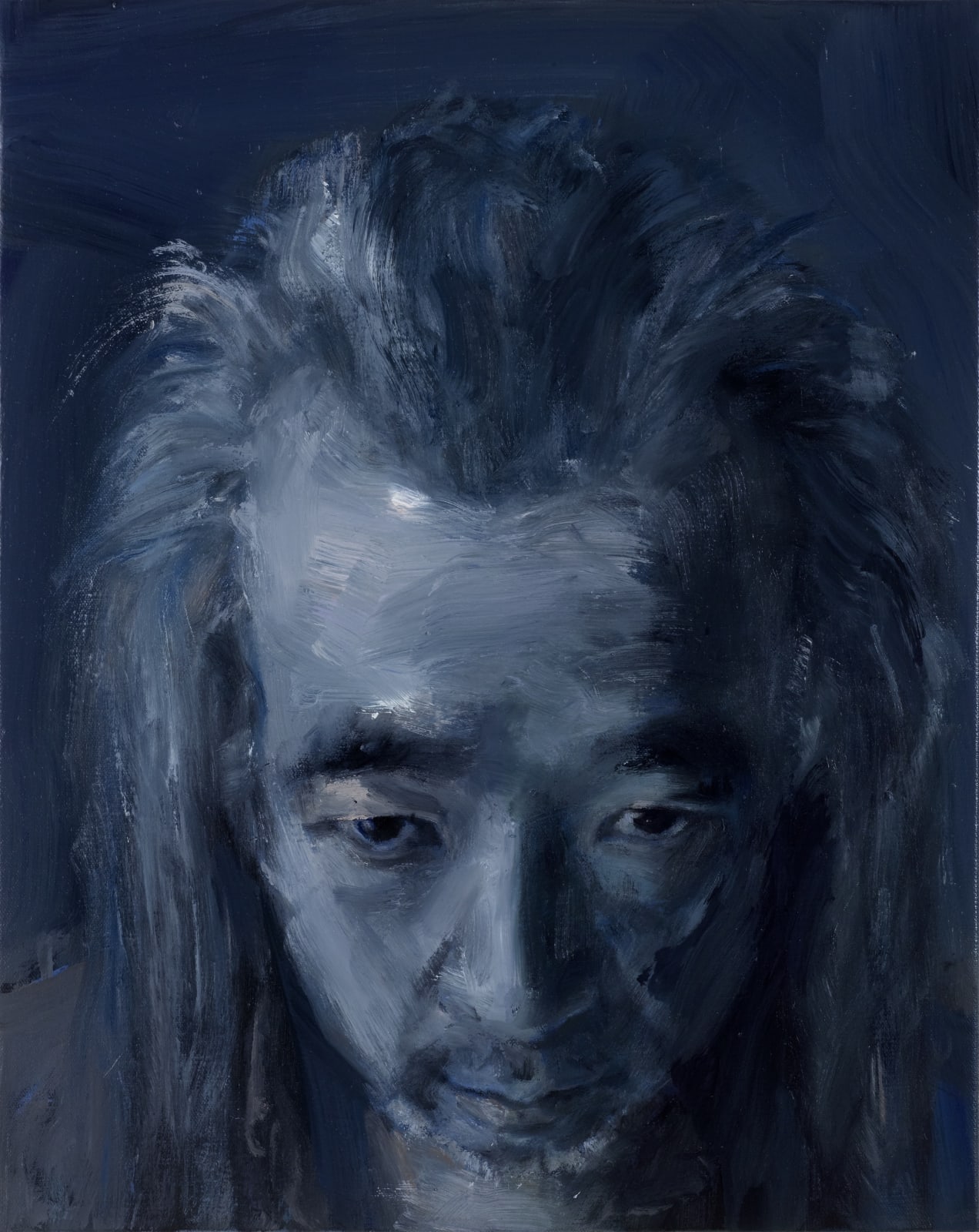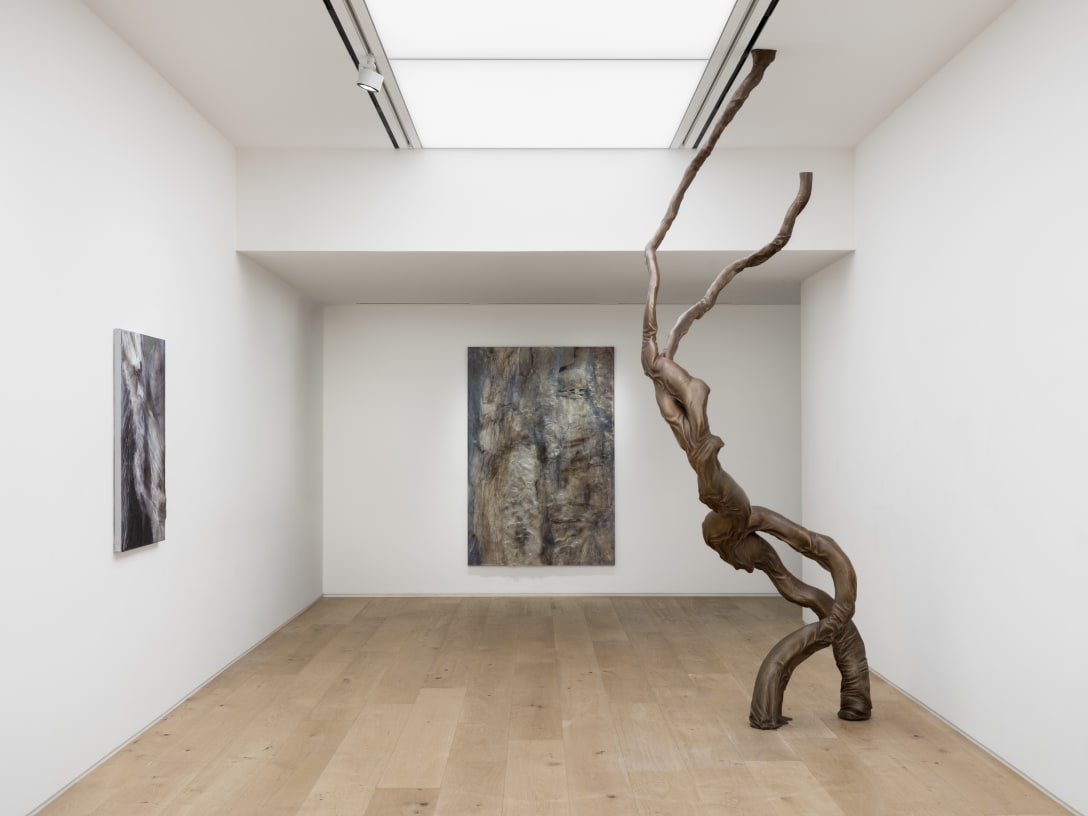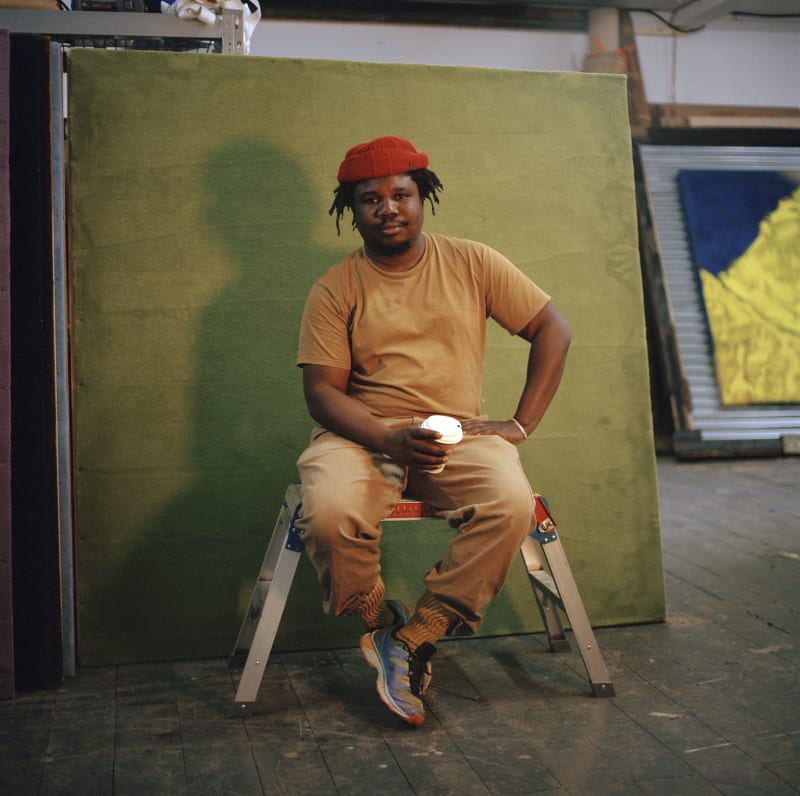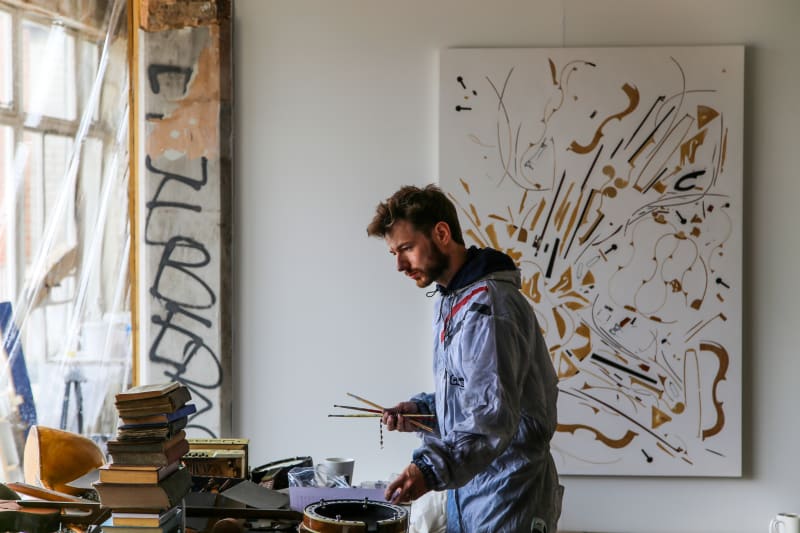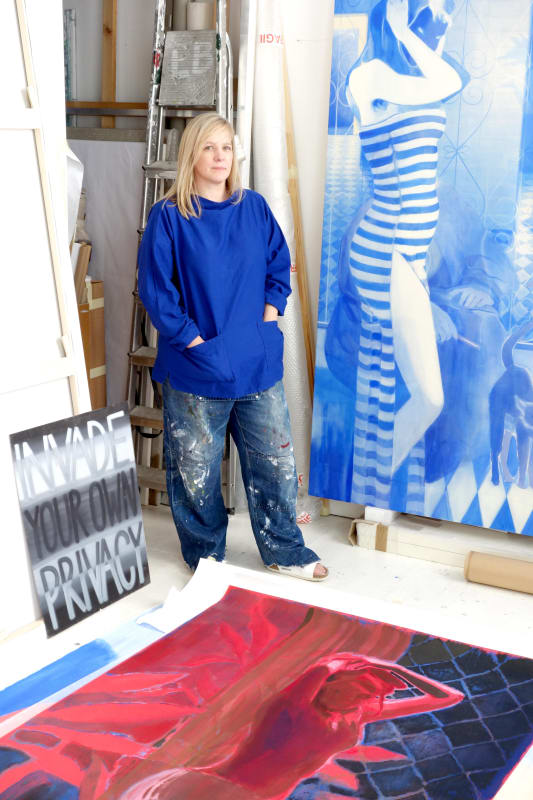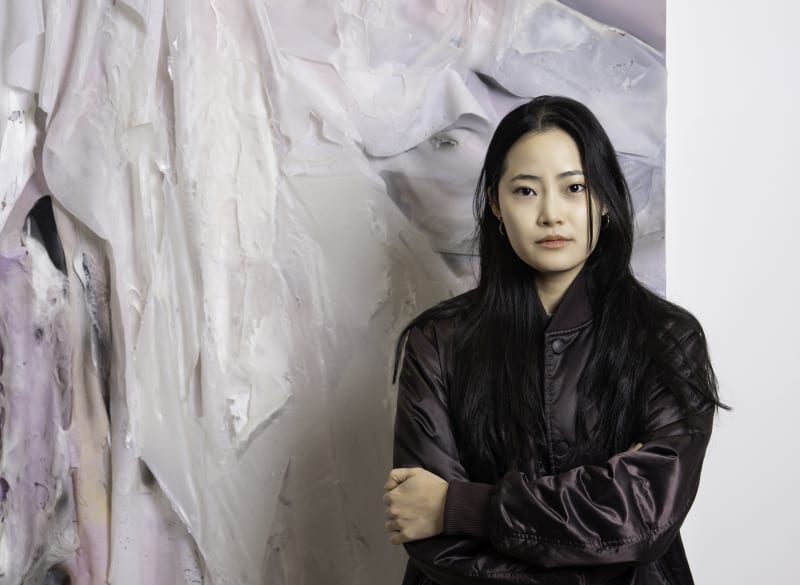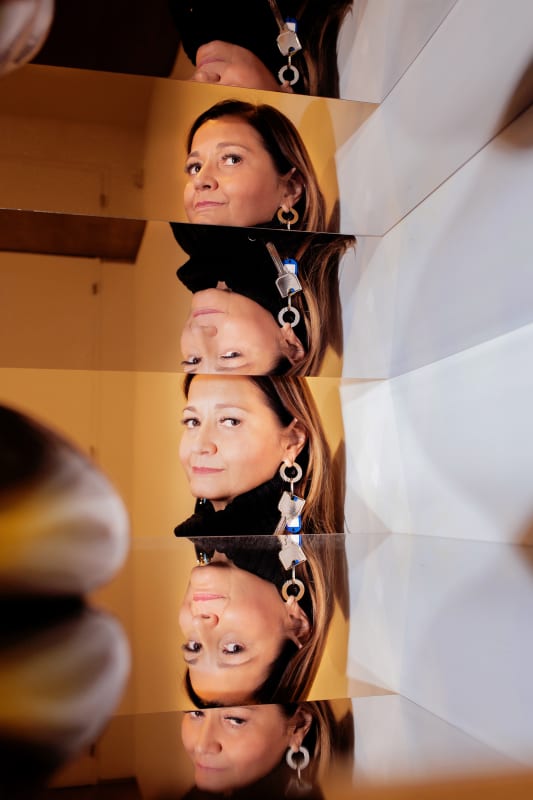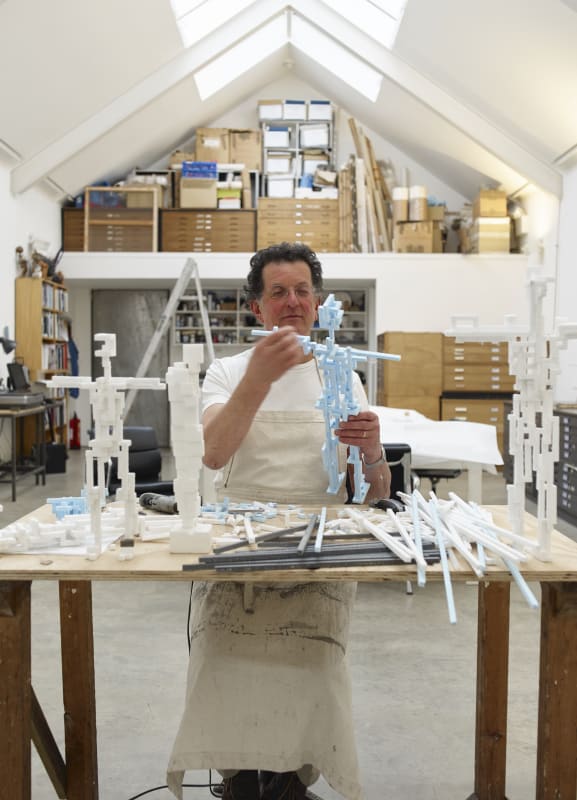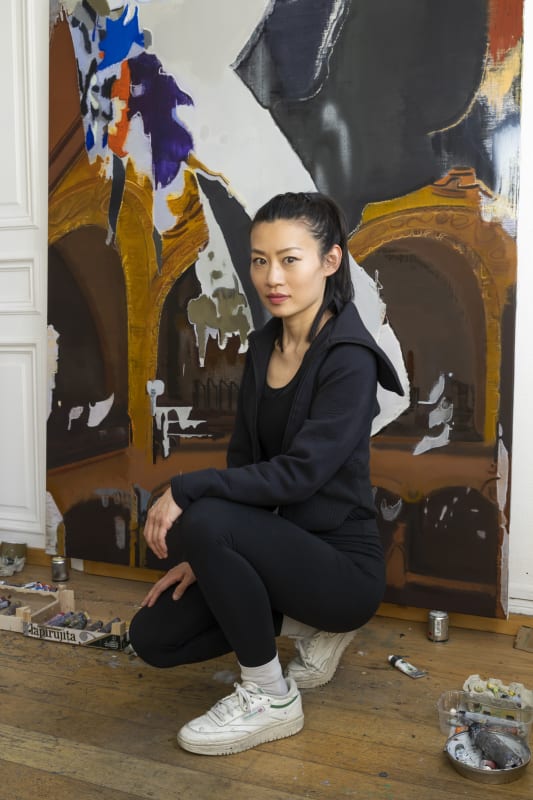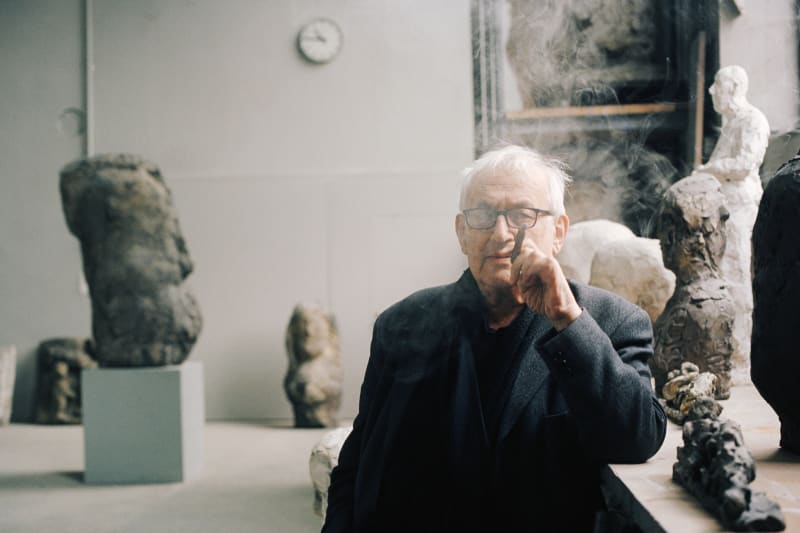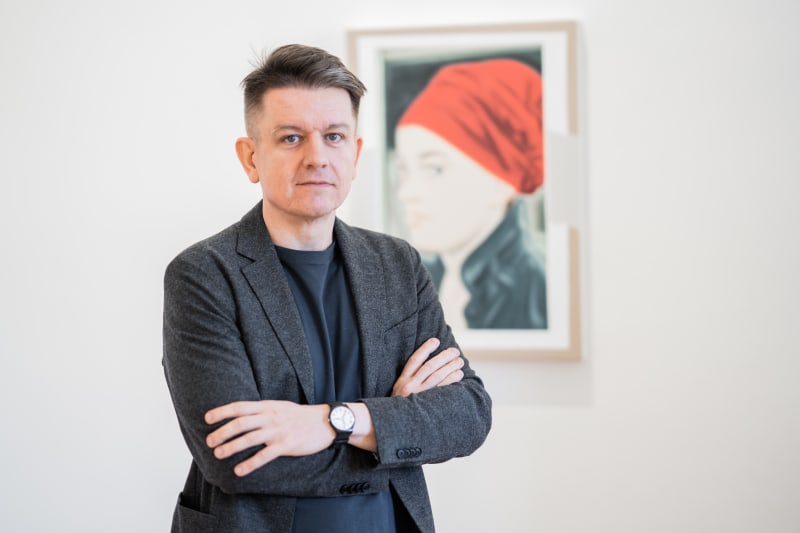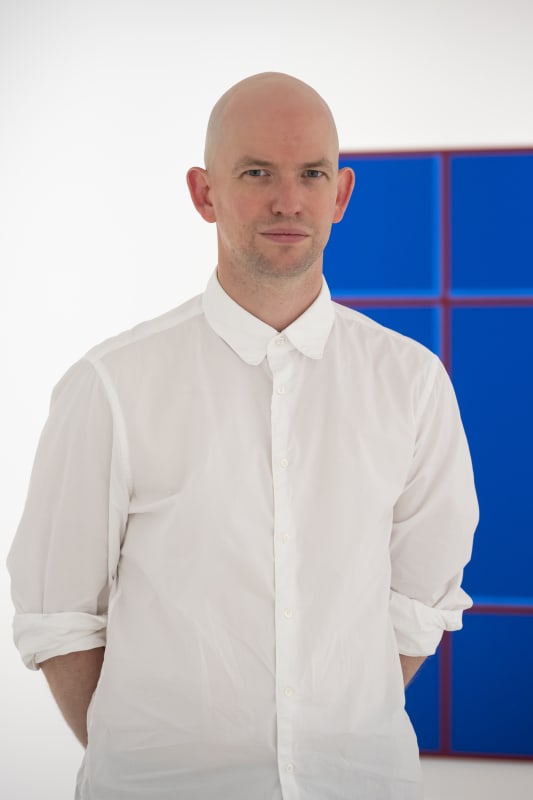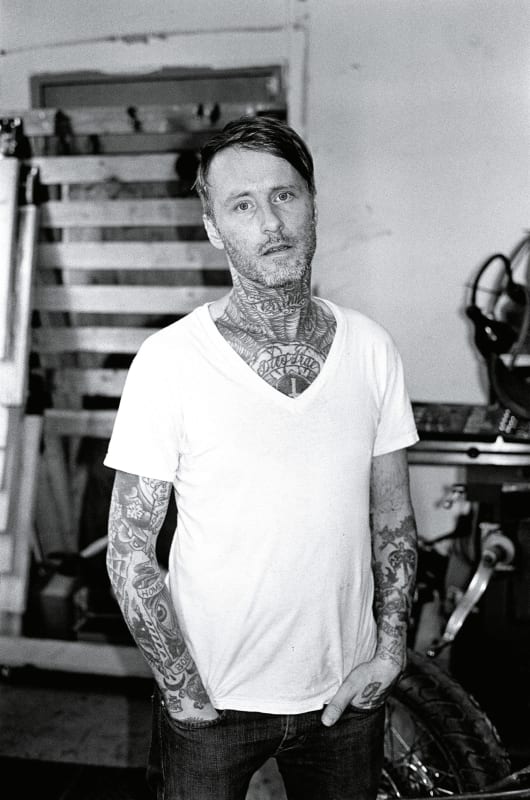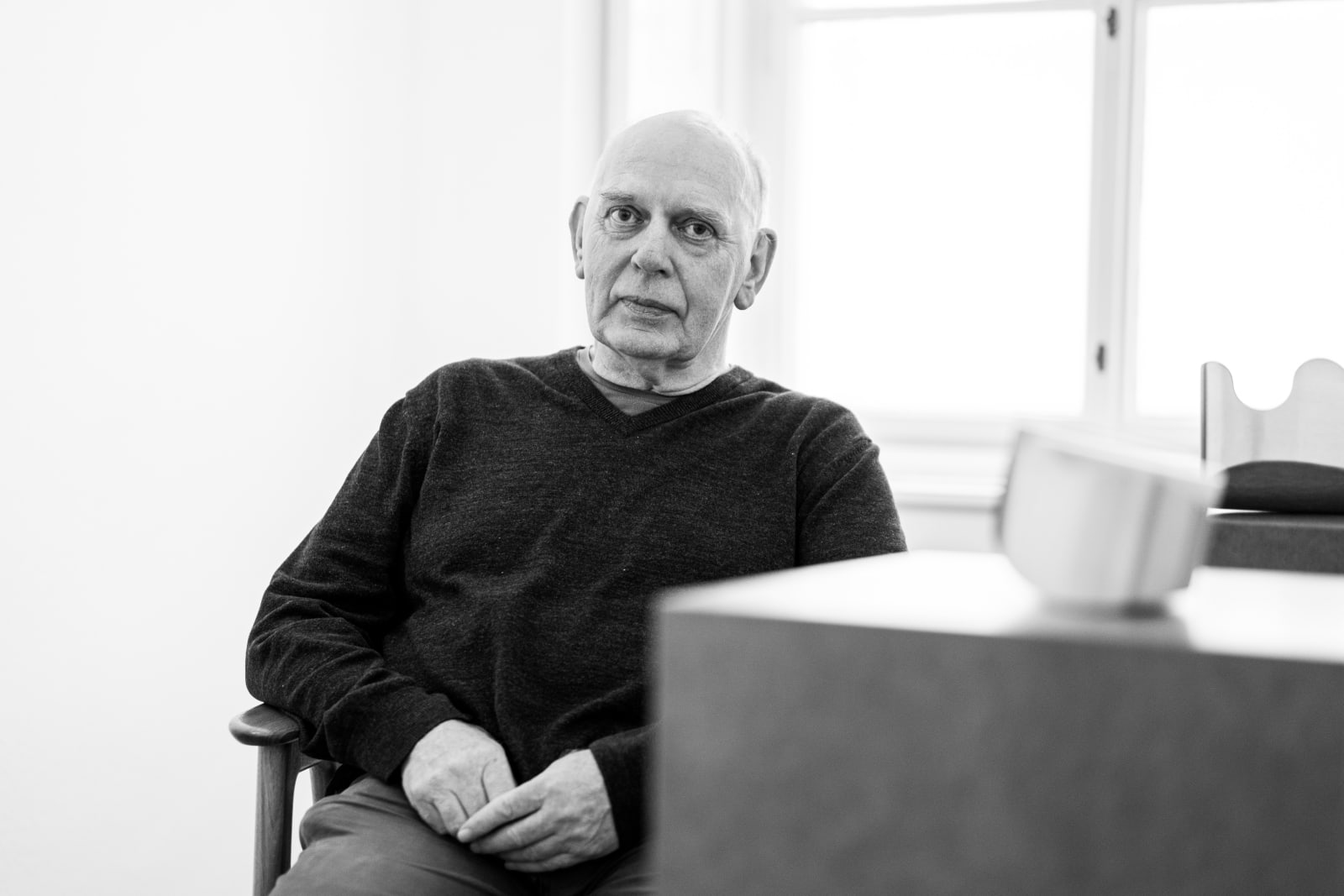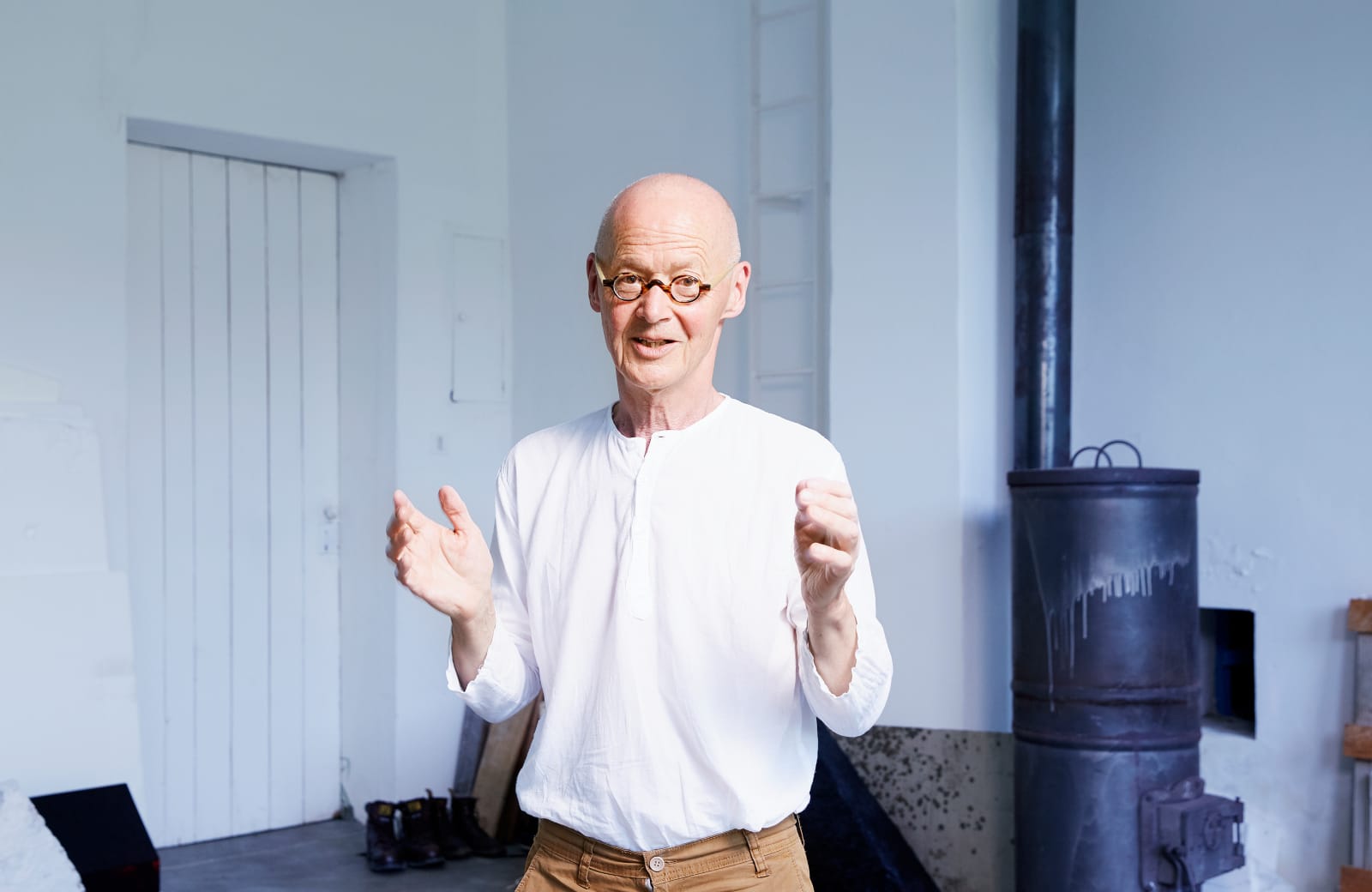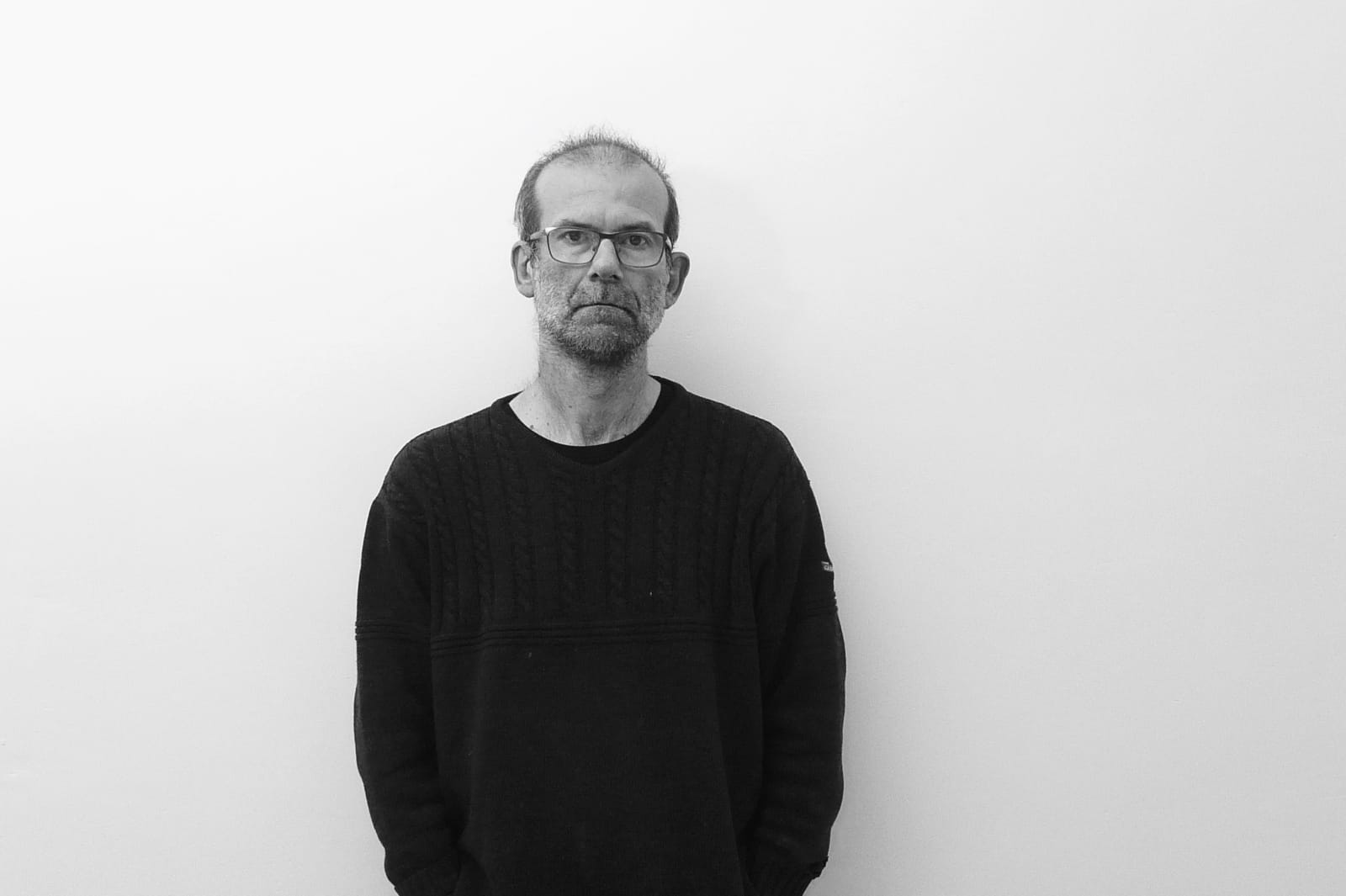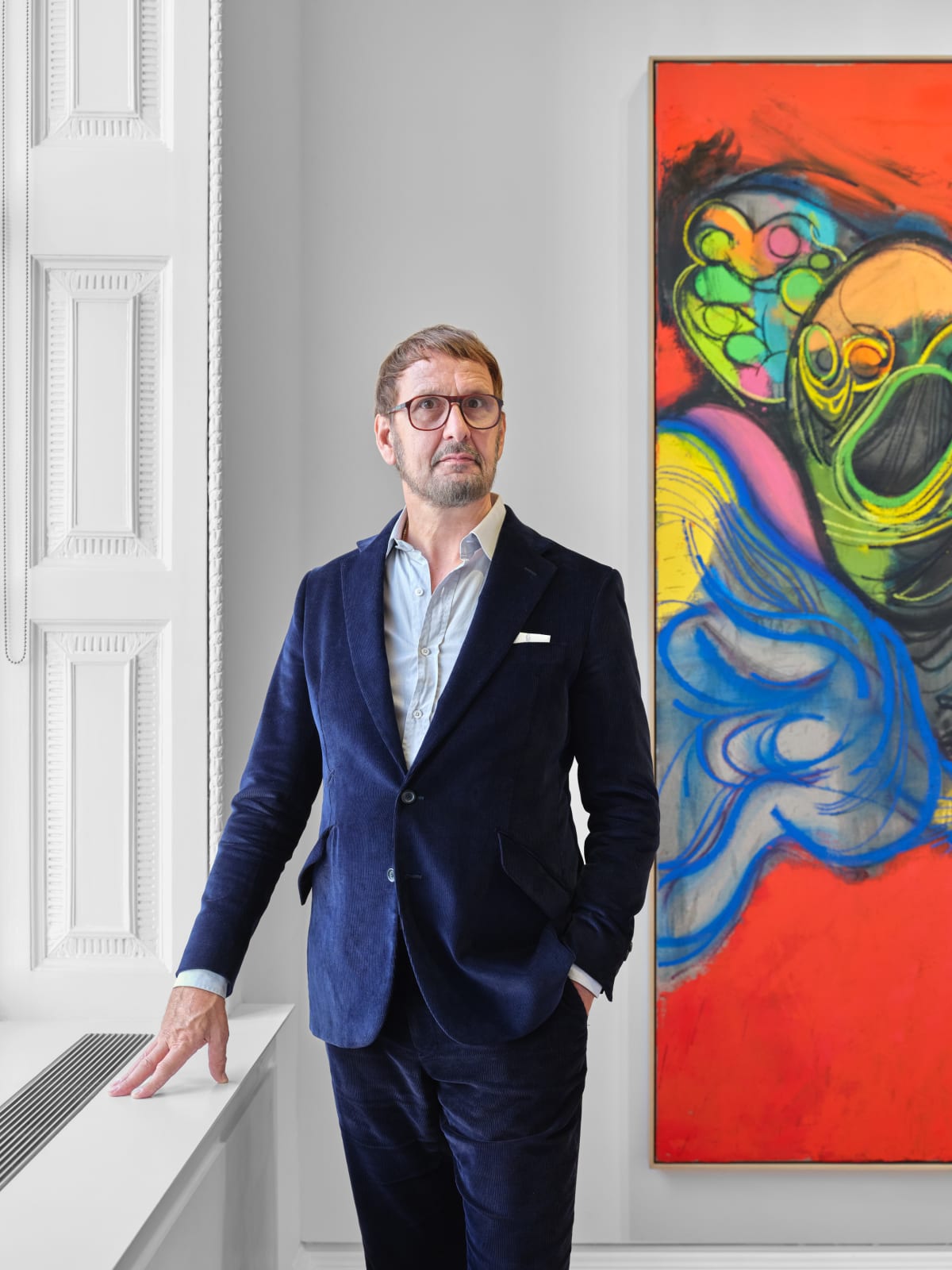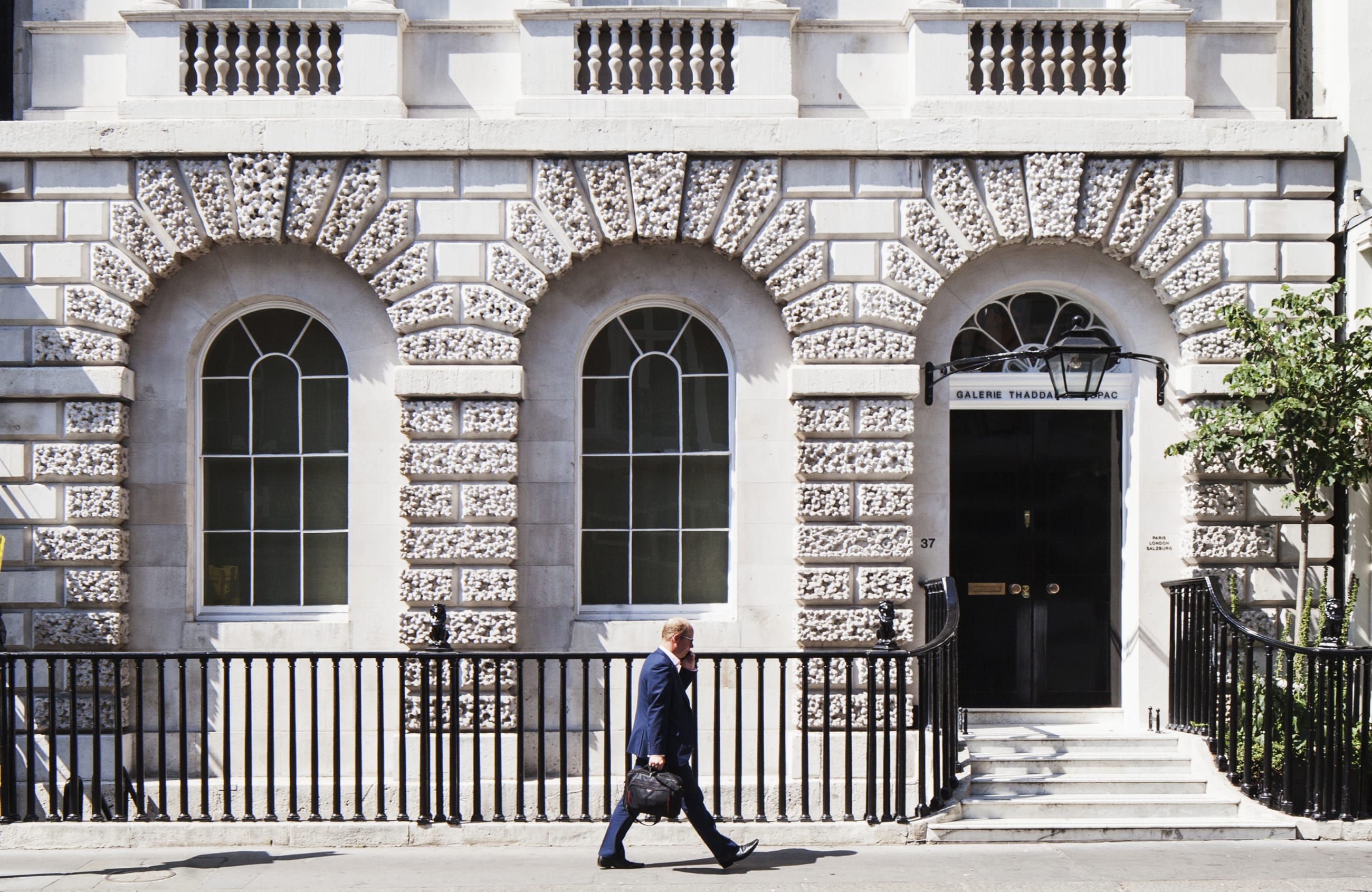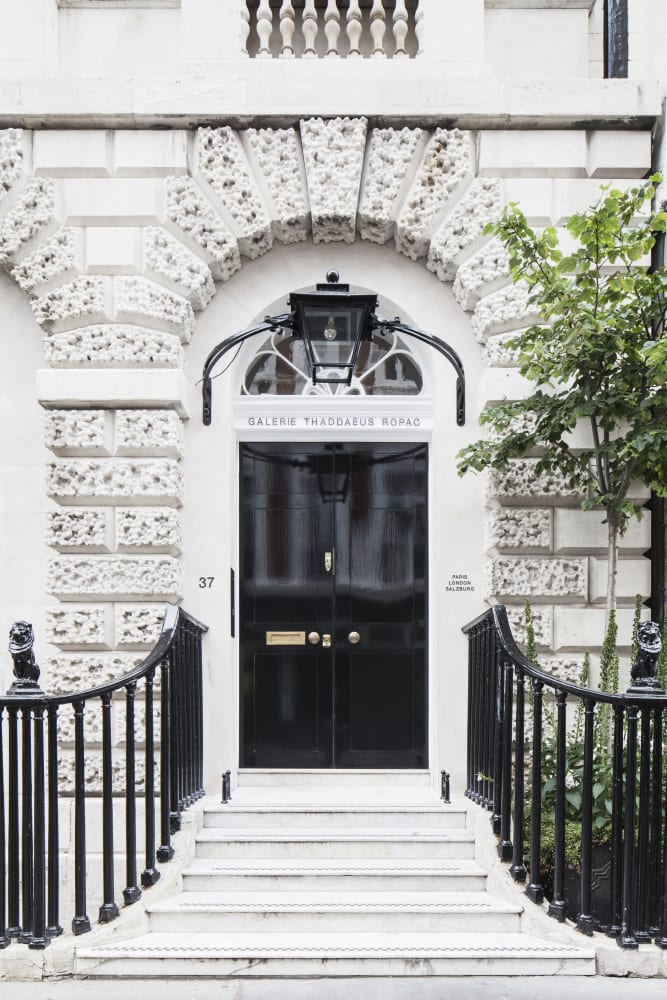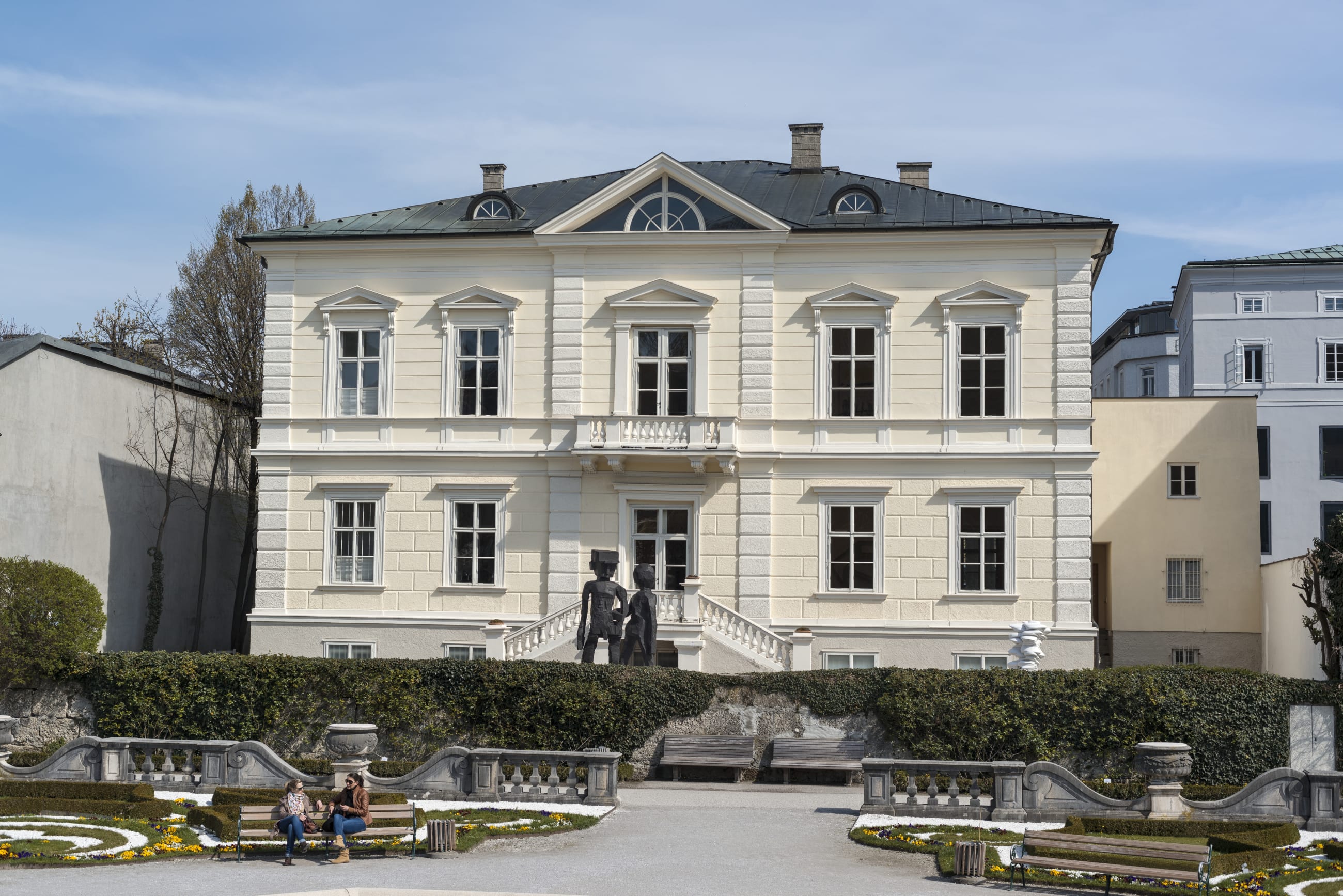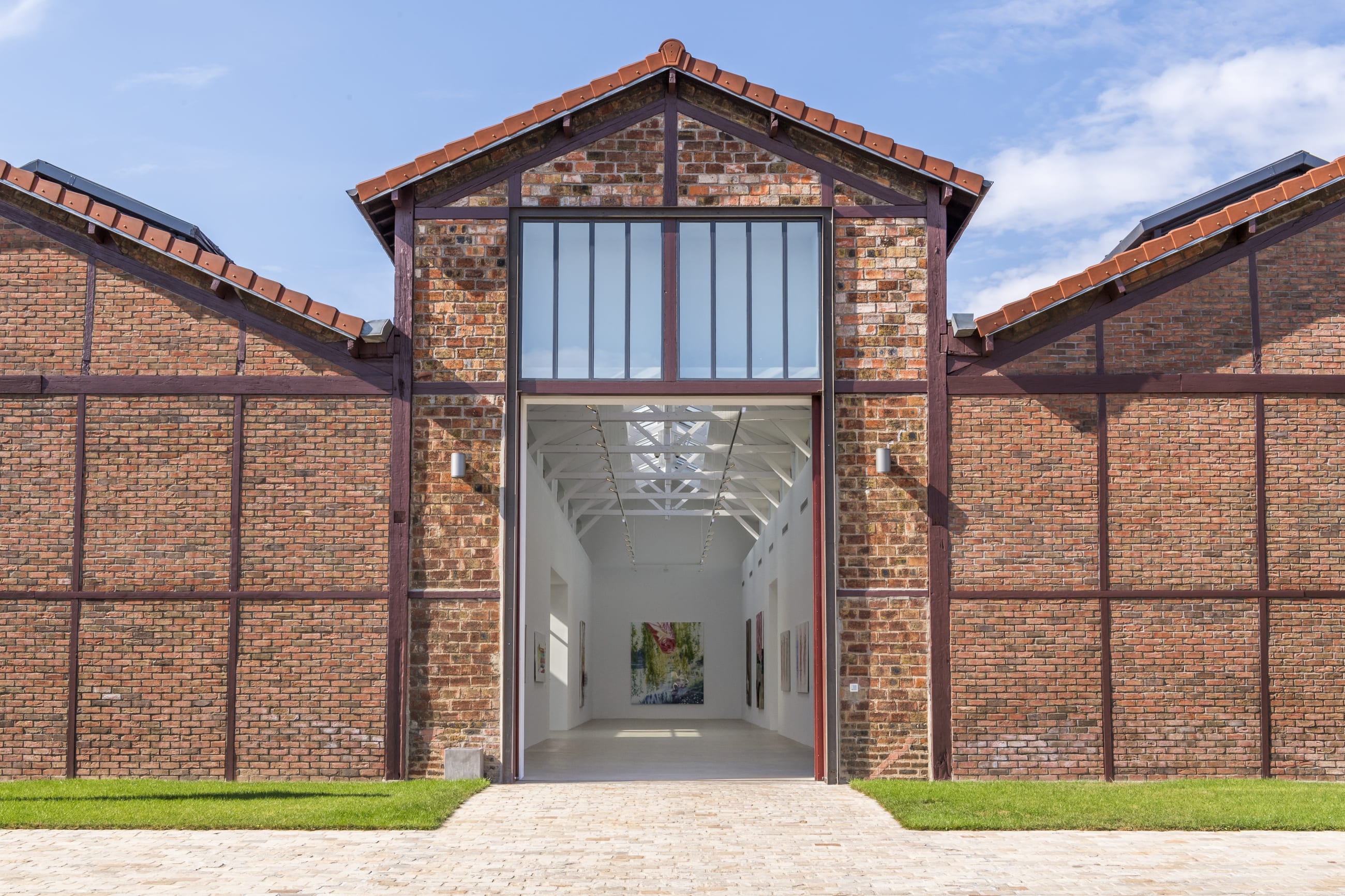Overview
Yan Pei-Ming’s new series of works explore the complexities of current global developments and their multilayered impact on a societal, personal and emotional level. While in recent years Yan Pei-Ming’s practice has been characterised by his engagement with the works and legacies of other painters - including Velzasquez and Rembrandt, this exhibition marks the artist’s return to the self. Created during the last few months, the self-portraits and still-lifes in this exhibition are emotionally charged with the feelings of constriction and solitude that were experienced during the artist's confinement. In these diverse paintings, Yan Pei-Ming examines the unprecedented inner conflicts of the time at present, in a way which is both intimate and individual whilst also considering the wider society.
Yan Pei-Ming’s new series of works explore the complexities of current global developments and their multilayered impact on a societal, personal and emotional level. While in recent years Yan Pei-Ming’s practice has been characterised by his engagement with the works and legacies of other painters - including Velzasquez and Rembrandt, this exhibition marks the artist’s return to the self. Created during the last few months, the self-portraits and still-lifes in this exhibition are emotionally charged with the feelings of constriction and solitude that were experienced during the artist's confinement. In these diverse paintings, Yan Pei-Ming examines the unprecedented inner conflicts of the time at present, in a way which is both intimate and individual whilst also considering the wider society.
Rooted in European painting traditions, Yan Pei-Ming’s works are interrelated by a preoccupation with the passing of time. The key themes in his paintings have long concerned history and the history of art, while classical pictorial themes remain prevalent in this new series. Yan Pei-Ming’s still-lifes which depict skulls are reminiscent of vanitas paintings of the seventeenth century, at the same time as being evocative of modernist artists like Paul Cezanne. The works evoke established iconographic connotations such as the transience and fragility of life, whilst simultaneously embodying a universal, contemporary quality – showing the duality of ideas concerning the artist. Painted during a period of physical isolation, where each day resembled the next, the passage of time gained a new dimension for the artist, prompting him to re-examine this classic theme for the first time in three decades. His subjects tread the line between traditional forms of representation and contemporary, cultural relevance, inviting interpretation from a classical perspective as well as from the time at present.
Yan Pei-Ming’s self-portraits document a certain turning point in the artist’s work. This genre of painting played a significant role during the first stages of his artistic development. After avoiding this genre for over 30 years, he has recently returned to it.
I did my first self-portrait at the age of thirteen. As I had no model, I painted myself with the help of a mirror, without bothering anyone. [...] When I arrived in Europe, I went on a trip to Amsterdam and saw Rembrandt's self-portraits. Since then, I haven't taken up the genre of painting again. When you look at his self-portraits, you can see the passage of time. It's so extraordinary, it unsettled me. I said to myself: I'm going to think about it and I've been thinking about it for ten years. – Yan Pei-Ming
The portraits show the artist from different perspectives, offering a sustained reflection of his own image during the recent period of isolation. These works document his emotions at specific moments. He displays snapshots of his mental state, captured at different times of day and under different lighting conditions. In Self-portrait with Mask, Yan Pei-Ming’s inquisitive and direct gaze which is emphasised by the concealment of his lower face, captivates the viewer in a haunting way. The portrait visualises a key cultural moment – the ubiquity of the mask – while capturing emotions that are paradoxically as universal as they are isolated.
This very personal exhibition with a focus on self-portraits, which opens at the Musée Unterlinden, Colmar in 2021, will serve to further cement this inward turn in Yan Pei-Ming's practice. Further exhibitions will take place at the Palais des Papes and the Collection Lambert, Avignon in 2021, as well as the Schlossmuseum, Linz in 2022.
Most recently, the artist's work was shown in 2019 at the Musée Courbet, Ornans; the Musée des Beaux-Arts de Dijon; the Petit Palais – Musée des Beaux-Arts de la ville de Paris; and the Musée d’Orsay, Paris, where the artist paid homage to Gustave Courbet through the lens of his own biography.

